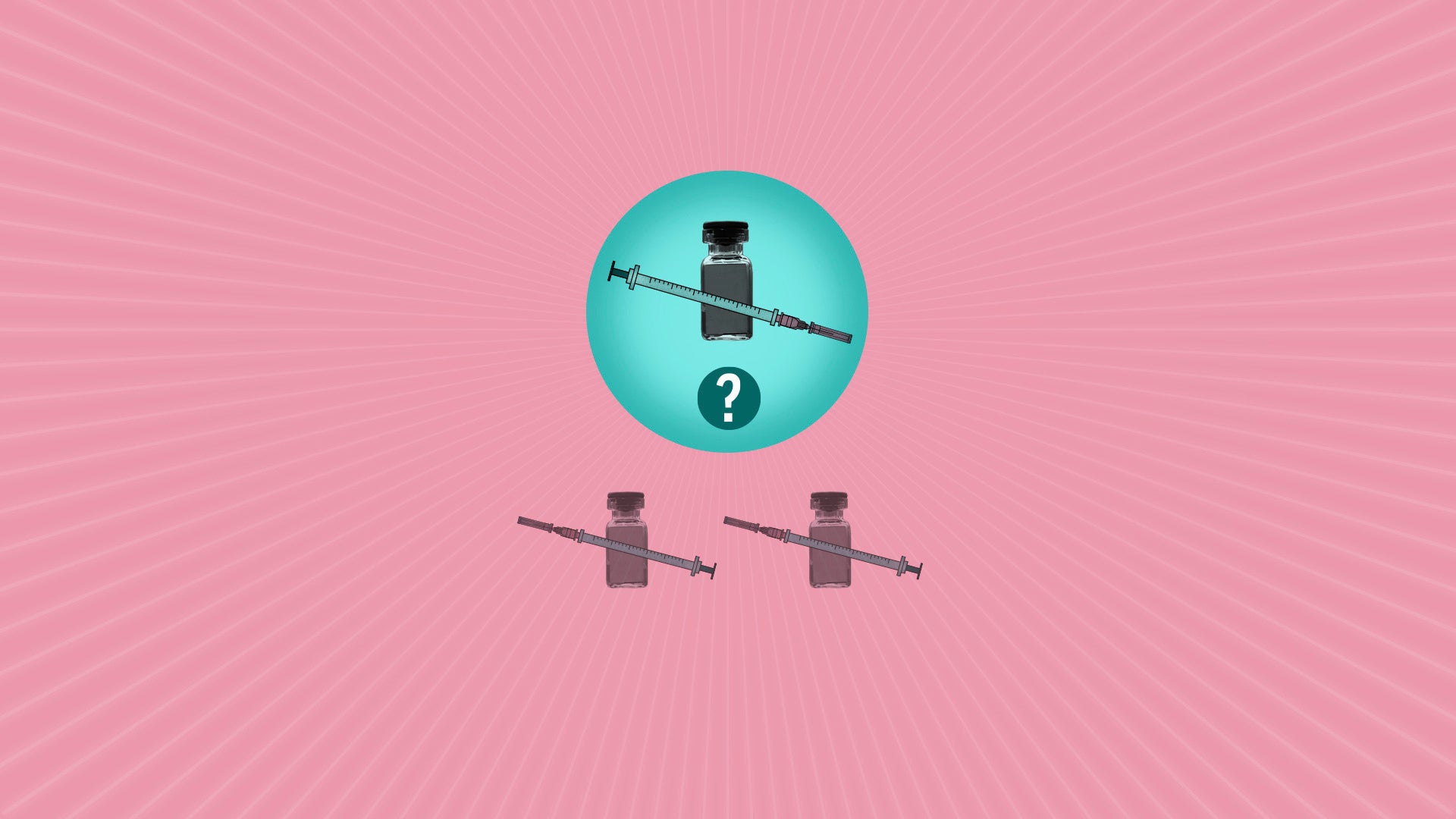Am I fully vaccinated without a COVID-19 vaccine booster?
People who got a two-dose vaccine or one dose of the Johnson & Johnson shot are considered fully vaccinated — even without a booster

Your support helps us to tell the story
From reproductive rights to climate change to Big Tech, The Independent is on the ground when the story is developing. Whether it's investigating the financials of Elon Musk's pro-Trump PAC or producing our latest documentary, 'The A Word', which shines a light on the American women fighting for reproductive rights, we know how important it is to parse out the facts from the messaging.
At such a critical moment in US history, we need reporters on the ground. Your donation allows us to keep sending journalists to speak to both sides of the story.
The Independent is trusted by Americans across the entire political spectrum. And unlike many other quality news outlets, we choose not to lock Americans out of our reporting and analysis with paywalls. We believe quality journalism should be available to everyone, paid for by those who can afford it.
Your support makes all the difference.Am I fully vaccinated without a COVID-19 vaccine booster?
Yes, people who got a two-dose vaccine or the single-dose Johnson & Johnson shot are considered fully vaccinated — even without a booster.
The U.S. Centers for Disease Control and Prevention says you're fully vaccinated two weeks after receiving a second dose of the Pfizer or Moderna vaccine, or one dose of the J&J.
The vaccines offer strong protection against serious illness. But U.S. health officials now recommend boosters for some people at higher risk for severe illness from COVID-19 based on evidence that protection against milder disease can wane, especially among older adults.
The CDC says people 65 and older, long-term care residents and others ages 50 to 64 with health problems such as diabetes or heart disease should get boosters if they got Pfizer shots at least six months ago.
The agency stopped short of recommending boosters for people 18 to 49 with health problems, but says they can also get the shot after considering their individual risk. The same is true for anyone 18 to 64 whose job could put them at higher risk for infection, such as health care workers, teachers, first responders, agriculture workers and public transit workers.
People who got the Moderna and J&J vaccines aren't eligible for boosters yet, but that's likely coming soon.
The availability of boosters varies around the world. Britain and Israel have also been giving boosters, despite objections from the World Health Organization that poor countries still don’t have enough for their initial doses.
___
The AP is answering your questions about the coronavirus in this series. Submit them at: FactCheck@AP.org. Read more here:
Is the delta variant of the coronavirus worse for kids?
Can I get ‘long COVID’ if I’m infected after vaccination?
What is a COVID-19 vaccine passport, and do I need one?